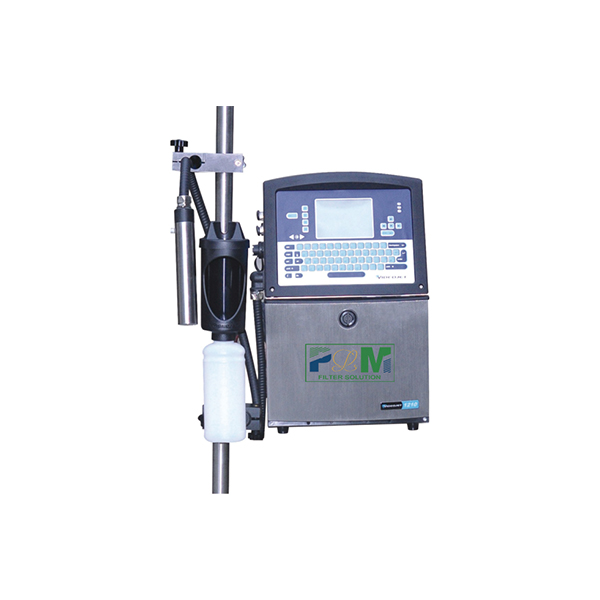តុលា . 15, 2024 21:29 Back to list
Excavator Oil and Fuel Filter Maintenance Tips for Optimal Performance
The Importance of Excavator Oil and Fuel Filter Maintenance
Excavators are essential machines in the construction and mining industries, known for their power and versatility. To ensure optimal performance and longevity of these machines, proper maintenance is critical. Among the various maintenance tasks, paying attention to the oil and fuel filters is paramount. These components play crucial roles in keeping the engine running smoothly and efficiently.
Understanding the Role of Oil and Fuel Filters
Oil filters are designed to remove contaminants from the engine oil. This is vital because dirt, debris, and microscopic particles can accumulate in the oil, potentially leading to engine wear and damage. By filtering out these impurities, the oil filter helps to ensure that the oil remains clean, thus providing adequate lubrication and cooling to the engine components.
Conversely, fuel filters serve a similar purpose but with diesel fuel. They prevent dirt and impurities from entering the fuel system, which could cause clogs in the injectors or fuel pump, resulting in poor engine performance or even engine failure. Keeping both oil and fuel filters in good condition is essential to maintaining the overall health of the excavator.
Signs of Clogged Filters
Operators and maintenance personnel should be vigilant for signs that the oil or fuel filters may be clogged. For oil filters, indicators can include decreased engine performance, unexpected oil pressure drops, or excessive engine noise. For fuel filters, look for symptoms such as hard starting, misfiring, or a decrease in power during operation. Addressing these issues promptly can prevent more severe problems and costly repairs down the line.
excavator oil fuel filter service

Maintenance Best Practices
A robust maintenance schedule for oil and fuel filters is vital. For excavators operating in harsh conditions, such as construction sites filled with dust and debris, more frequent filter changes may be necessary. Generally, it's advisable to replace oil filters every 250 to 500 hours of operation, but this can vary based on the specific model and manufacturer recommendations.
Similarly, fuel filters typically require replacement every 500 to 1,000 hours, although this too can be influenced by the working environment and fuel quality. Always consult the owner’s manual for the manufacturer’s specific maintenance guidelines.
Choosing the Right Filters
When replacing oil and fuel filters, it's imperative to choose high-quality products that meet or exceed OEM (Original Equipment Manufacturer) specifications. Using substandard filters can lead to insufficient filtration and may compromise engine performance. Investing in reliable filters ensures that your excavator receives the best protection, ultimately extending its life and enhancing productivity.
Conclusion
In conclusion, maintaining the oil and fuel filters of excavators is a fundamental part of ensuring the longevity and efficiency of these powerful machines. Regularly monitoring the condition of these filters and adhering to a proper maintenance schedule will help prevent costly breakdowns and repairs. By taking the time to focus on these essential components, operators can ensure that their excavators run smoothly, thereby maximizing productivity on the job site. Regular oil and filter changes are not just a routine task; they are a vital investment in the performance and lifespan of heavy machinery.
-
High Strength Orange PU Glue for Versatile Bonding Solutions
NewsJul.26,2025
-
Active Carbon Air Filter for Air Purifier – Efficient Odor & Allergen Removal
NewsJul.25,2025
-
Active Carbon Air Filter for Air Purifier – Superior Odor & Allergen Removal
NewsJul.24,2025
-
High-Efficiency Active Carbon Air Filter for Air Purifier | Odor & Allergen Removal
NewsJul.23,2025
-
Active Carbon Air Filter for Air Purifier – High Efficiency Filtration Solution
NewsJul.22,2025
-
Durable Sintered Porous Metal Filter Tube Cup & Machines
NewsJul.22,2025
